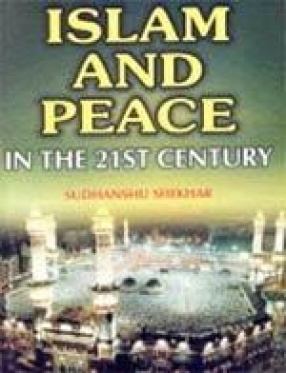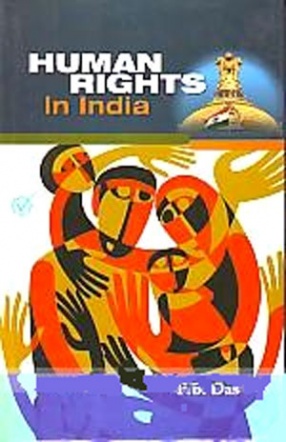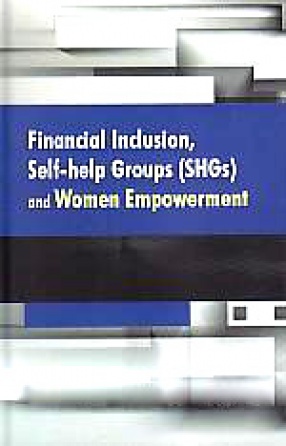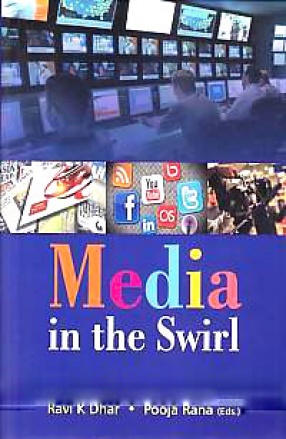Islam and Peace in the 21 Century (In 2 Volumes)
In stock
The Islamic view of society is theocratic in the sense that the goal of all Muslims is "God’s rule on earth." This does not, however, imply clerical rule, although religious authorities have had considerable political influence in some Muslim societies. Islamic social philosophy is based on the belief that all spheres of life-spiritual, social, political and economic-form an indivisible unity that must be thoroughly imbued with Islamic values. This ideal informs such concepts as "Islamic law" and the "Islamic state" and accounts for Islam’s strong emphasis on social life and social duties. Even the cardinal religious duties prescribed in the five pillars of Islam have clear social implications. Although the modernist ideas were based on plausible interpretations of the Koran, they were bitterly opposed by Islamic fundamentalists, especially after the 1930s. The reaction against modernism has been gathering momentum since that time for several reasons. The fundamentalists do not oppose modern education, science, and technology per se, but they accuse the modernists of being purveyors of Western morality. They believe that the emancipation of women, as conceived by the West, is responsible for the disintegration of the family and for permissive sexual morality. Some fundamentalists are suspicious of democracy because they do not trust the moral sense of the masses. Moreover, modernist leaders and officials in some Muslim countries have failed to improve significantly the condition of the mostly poor and rapidly increasing populations of those countries. Finally, and perhaps most important, the bitter resentment Muslims feel toward Western colonialism has made many of them regard everything Western as evil.








There are no reviews yet.